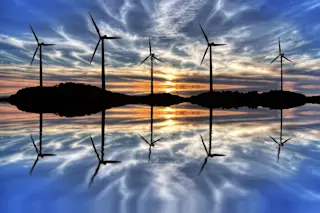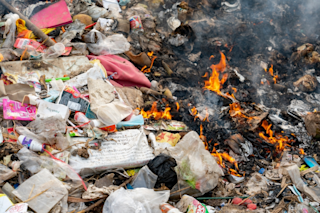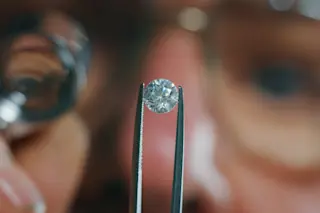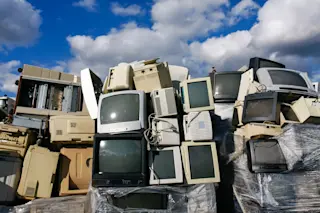Several years ago, my oldest son (now 7) came back from preschool one day and announced that we shouldn't drive our car anymore. "It causes pollution and that kills animals," he said. I tried explaining to him that things were a bit more complicated than that. It didn't help that our family (which includes my wife and his younger brother, now 5) hopped in our Subaru Forrester virtually every weekend to drive all over Colorado (we were living in Boulder at the time), in search of majestic landscapes and wild animals at places such as Rocky Mountain National Park. We found much to marvel at during these mini-road trips, and didn't dwell on the mixed messages that my oldest son was already trying to process. Instead, we had fun teaching his precocious mind new words like "ubiquitous," which he quickly learned by pointing at every McDonald's that we passed in ...
In Search of an Eco-Ethic for Our Times
Discover ways to cultivate environmental awareness and appreciation in your children without sacrificing modern comforts. Learn more!
More on Discover
Stay Curious
SubscribeTo The Magazine
Save up to 40% off the cover price when you subscribe to Discover magazine.
Subscribe












